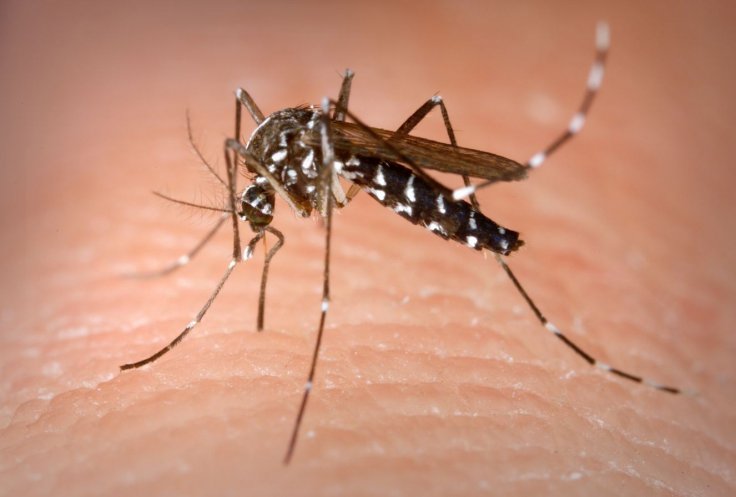A new study that did an analysis on the coronavirus or COVID-19 outbreak in Brazil has discovered a link between the spread of the virus and the past outbreaks of dengue fever that suggests exposure to the disease transmitted by mosquitoes might give some level of immunity against COVID-19.
The study led by Miguel Nicolelis, who is a professor at the Duke University, shared with Reuters made a comparison between the geographic distribution of the novel virus cases with the spread of dengue in 2019 and 2020. Places having lower COVID-19 infection rates and slower case growth were the areas that witnessed intense dengue outbreaks this year or the last, the professor found.
"This striking finding raises the intriguing possibility of immunological cross-reactivity between dengue's Flavivirus serotypes and SARS-CoV-2," the study said as reported by Reuters while referring to the dengue virus antibodies and the novel virus. "If proven correct, this hypothesis could mean that dengue infection or immunization with an efficacious and safe dengue vaccine could produce some level of immunological protection against the coronavirus," it added.
COVID-19 and Dengue

Nicolelis told that the results are interesting as previous researches have shown that people had antibodies in their blood can test falsely positive for the novel virus antibodies been if they have never got infected with the coronavirus. "This indicates that there is an immunological interaction between two viruses that nobody could have expected because the two viruses are from completely different families," Nicolelis told Reuters, adding that more studies are required to prove the connection.
The study highlighted a signifact correlation between the lower incidence, growth rate of COVID-19 and mortality rate in populations of Brazil where levels of dengue antibodies were higher. In states like Paraná, Santa Catarina, Rio Grande do Sul, Mato Grosso do Sul, and Minas Gerais, that witnessed high numbers of dengue cases last year and early this year, the novel coronavirus took much longer to go to a level of high community transmission while compared to states like Amapá, Pará and Maranhão.
The group of researchers found a similar relationship between the dengue outbreaks and the slower spread of COVID-19 in other areas of Latin America, Adsia and the islands in the Indian and Pacific Oceans. Nicolelis said that his team got across the dengue finding by accident, while they were conducting a study on how COVID-19 spread through Brazil. "It was a shock. It was a total accident. In science, that happens, you're shooting at one thing and you hit a target that you never imagined you would hit," the professor said.
The deadly novel virus outbreak has created a major stir around the world in recent times infecting more than 31.3 million people globally and claimed the lives of over 965,000 people worldwide in more than 170 countries. An effective vaccine is expected by the first quarter of 2021.








